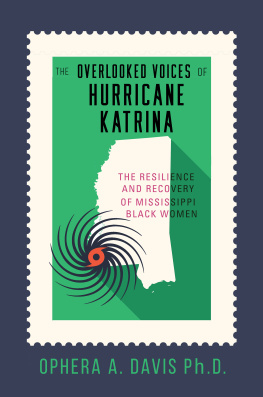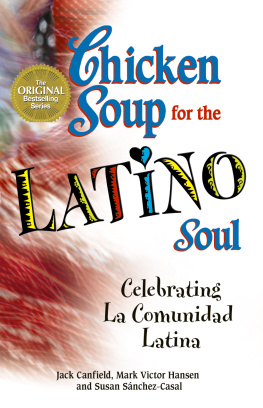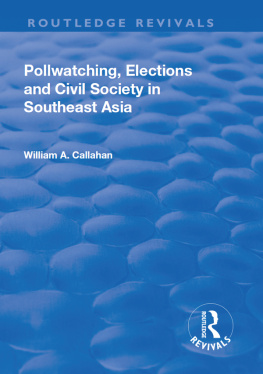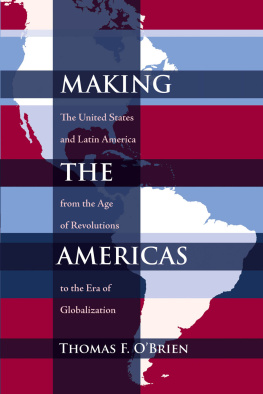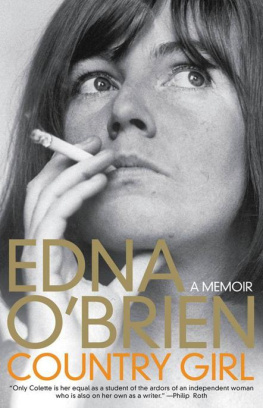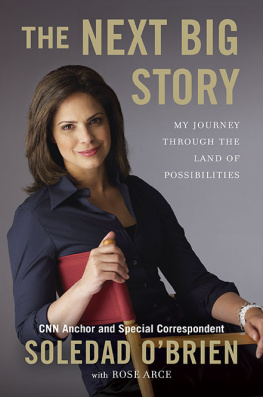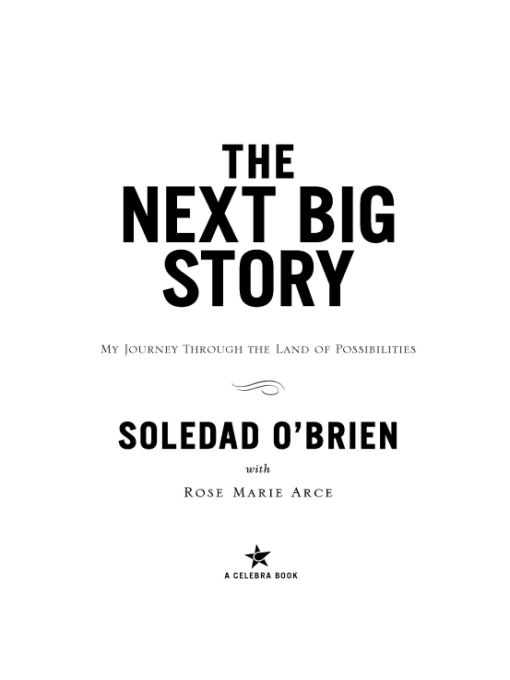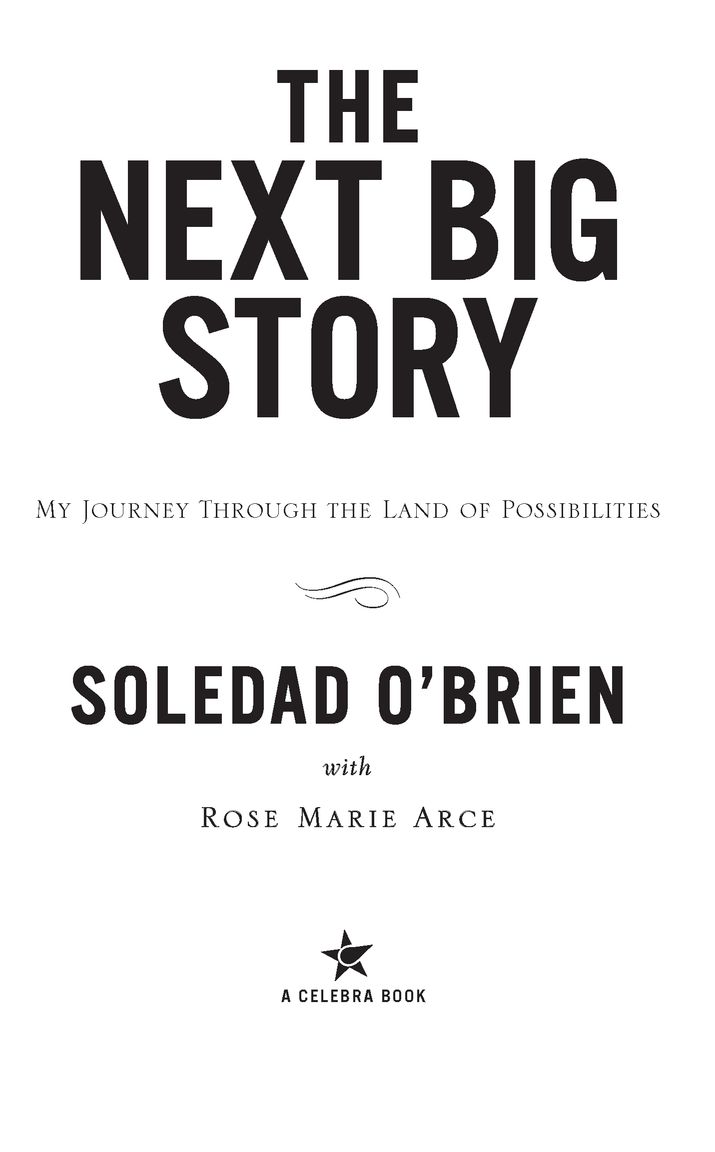Table of Contents
To my mom and dad and Brad, whose appreciation and support have never wavered, even when I didnt necessarily deserve it
INTRODUCTION
I am crammed in an uncomfortable little stick-shift car climbing over the edge of the Patagonia region of Argentina into Chile. It is the middle of the night and these huge bare trees with peeling white bark stand out against the sky like creepy phantoms. We swing left and right, zigging and zagging, up, up, up, past a forest of ghosts.
Ive been diverted by CNN from reporting in Haiti to cover an earthquake in Chile. I have flown through Miami, Panama, Lima, So Paulo, Buenos Aires and Bariloche in twenty-four hours to end up on this mountain road. The plan is to enter the disaster zone by land because the Chilean airports are closed. We finally hang a hard left turn and climb over the top of the last big mountain. A huge white ball rises above the landscape and lights up the night. I have never seen a moon so large, so round and so close, floating in vast black space like a beacon for travelers.
My journey as a journalist takes me to places of great beauty and deep sorrow. I never know what or who will emerge past the next turn. I just know that being a reporter has given me a unique opportunity to bear witness to the humanity of another moment, to follow the magnetic pull of a bright moon into uncharted territory In a few hours, I will walk the streets of Concepcin, Chile, and see looters thrown down by water cannons. I will sleep stranded by a roadside as the earth rocks from aftershocks. I will tell the world via satellite that help needs to be on the way. I will once again see people rescued from disaster, not by nations or organizations, but by the kindness of a stranger who decides to reach out beyond themselves. I will record the latest opportunity in life to do right by each other during the worst of times. I have told this story in places as far-flung as Thailand, New Orleans, and Port-au-Prince. Bad things happen until good people get in the way. I learned this life lesson growing up in Smithtown, Long Island, and I see it almost everywhere I go in pursuit of the next big story of the moment. People have an incredible potential to do good and make good and seize good from bad if they will only make the choice to do it.
I have had that same chance many times over and I am so thankful for the opportunity. I began life as the child of a mixed-race marriage growing up in a white suburb, treated sometimes as a creature of bad circumstance. My immigrant parents made sure I had the potential to capture my American dream anyway. I was handed a life of possibilities. That experience left me with the urge to chart how those around us get their chance at life and whether they go on to share their good fortune with others when the time comes.
So often I am disappointed one minute only to be elated the next. In Concepcin, I see adults whose homes and lives were spared by an earthquake trolling a shopping mall to steal cell phones. Then, a block away, a line of volunteers work all night to clear the way for rescuers to pull total strangers from the rubble of a building. You can be a looter or you can be a lifeline. The choice is yours. That is often what I report.
I am lucky I get to leave Chile in its crisis. I return home by barreling through the chilly skies above the Andes on a Peruvian police transport plane. I ache from the bitter cold and loud buzz that shakes my senses. But the pretty moon shines slices of light through the windows. There is always good with bad. Its all in how your mind wraps around the moment. I think of the people lifting those heavy blocks of rock to help out no one in particular. I look to the part of the journey that reveals the best in us. I always try to remember the beautiful moon and how it draws me back home and then out again on the next assignment.
CHAPTER ONE
MY LIFE OF PERPETUAL MOTION
Im eleven. My sister Estela is fourteen. Were at a photographers studio to get a picture taken to give to our parents. The studio is on the main street in Smithtown, Long Island, not that far from where we live. The photographer says, Forgive me if Im offending you, but are you black? For a moment, Im speechless. I turn the comment over in my head. I cant figure out what he means. My sister is light-years ahead of me. She starts to shred the guy Offend us? Offend us? By asking if we are black? He is maybe thirty but he seems old to us. He has dark brown hair and hes tall. Hes white and were two mixed-race girls trying to get our picture taken as an anniversary present for our parents. Its 1977. Im this cheery, optimistic kid who suddenly feels quite sunk.
I just stand there in my big sisters shadow. Im trying to figure out why the nice-sounding words make me feel small and embarrassed. The photographer is being exceedingly polite but hes crushing my girlish self-confidence. Forgive me if Im offending you ... What is that supposed to mean? Why would it be offensive if he were to call me black? I am black. I am also Latina, and half white through my Australian father. That isnt typical in Smithtown, but there is nothing wrong with me. My name is sort of long. Im Maria de la Soledad Teresa OBrien. I am fast becoming Solie to my friends. Im a kid so I draw a little heart over the i when I write it. My hairs combed back in a bun and my clothes are what an eleven-year-old would wear. His tone makes it sound like something about me is off, especially the part about not offending me by assuming Im black. I just dont understand how it could possibly be offensive to be black.
This is the first time I remember feeling like I might be disliked for who I am. My mind does leaps on this theme. But Estela is totally on it. I am very impressed that she can articulate her anger so well at fourteen. She is already able to take apart a grown man. Shes so much more on top of it than me. Forgive me if Im offending you ... We dont have to take this crap. And from a photographer? Estela gives me the universal body language for were taking a walk and off we go.
I think this was the day it began, my life of perpetual motion. There was a time when I was always walking away from comments or stares. There was the store where someone explained that I couldnt be black because black people were thieves and killers. Um, gonna put down this jacket and leave now. I didnt feel rejected; I felt annoyed and confused. I was proud of my identity. I thought I fit in comfortably in my suburban town. It was off-putting when someone came out with something nasty, something that signaled that not everyone saw me the way I saw myself. I always expected the best from folks so it came as a surprise. It would take me a moment to figure out if thats what they really meant to say Then I would refuse to let it get to me. I was a middle-class girl in a middle-class Long Island suburb, but my young life became like those games of dodgeball we played in the school yard. When you move, you cant get hit. You survive to play again. By doing that you come out the winner.
There was the day I was walking down the hall to sixth-period science class. An older kid, eighth grade, came right up to me. If youre a nigger why dont you have big lips? he asked. It killed me that not only could I hear him: I actually could feel myself trying to formulate an answer, as if the question necessitated a response. There was no hostility in his voice. It was just this question he hurled at me in the rush to change class. He wasnt much bigger than me; he wasnt even scary. Just a guy with long sandy brown bangs swinging past his eyes like windshield wipers. I rushed past him, recording for some reason the colors on his short-sleeve shirt. I could pick him out of a lineup today, almost thirty-three years later. That day, I just pursed my mouth and kept moving, walking away. I wouldnt dignify him. I had to get to class.


